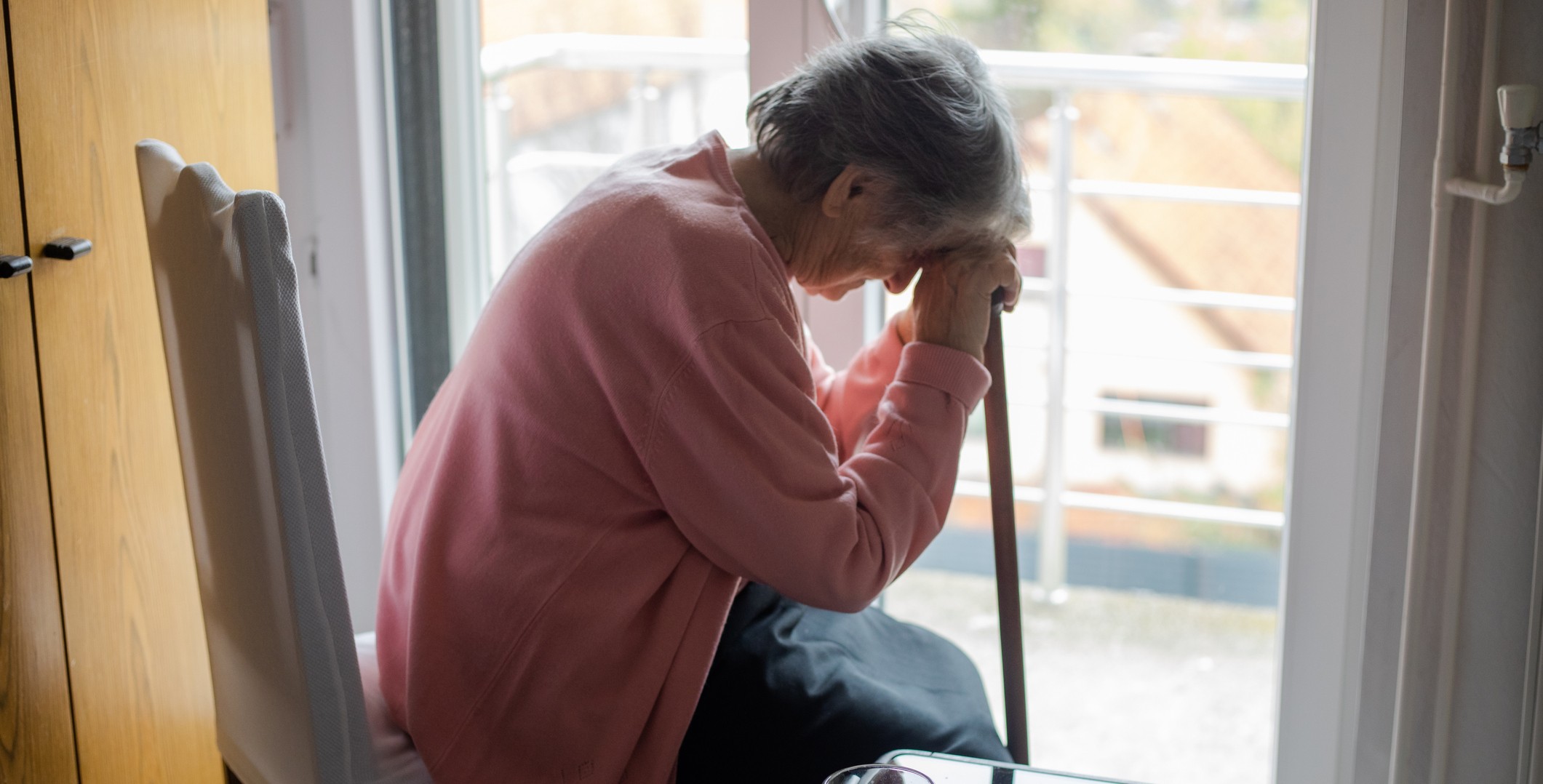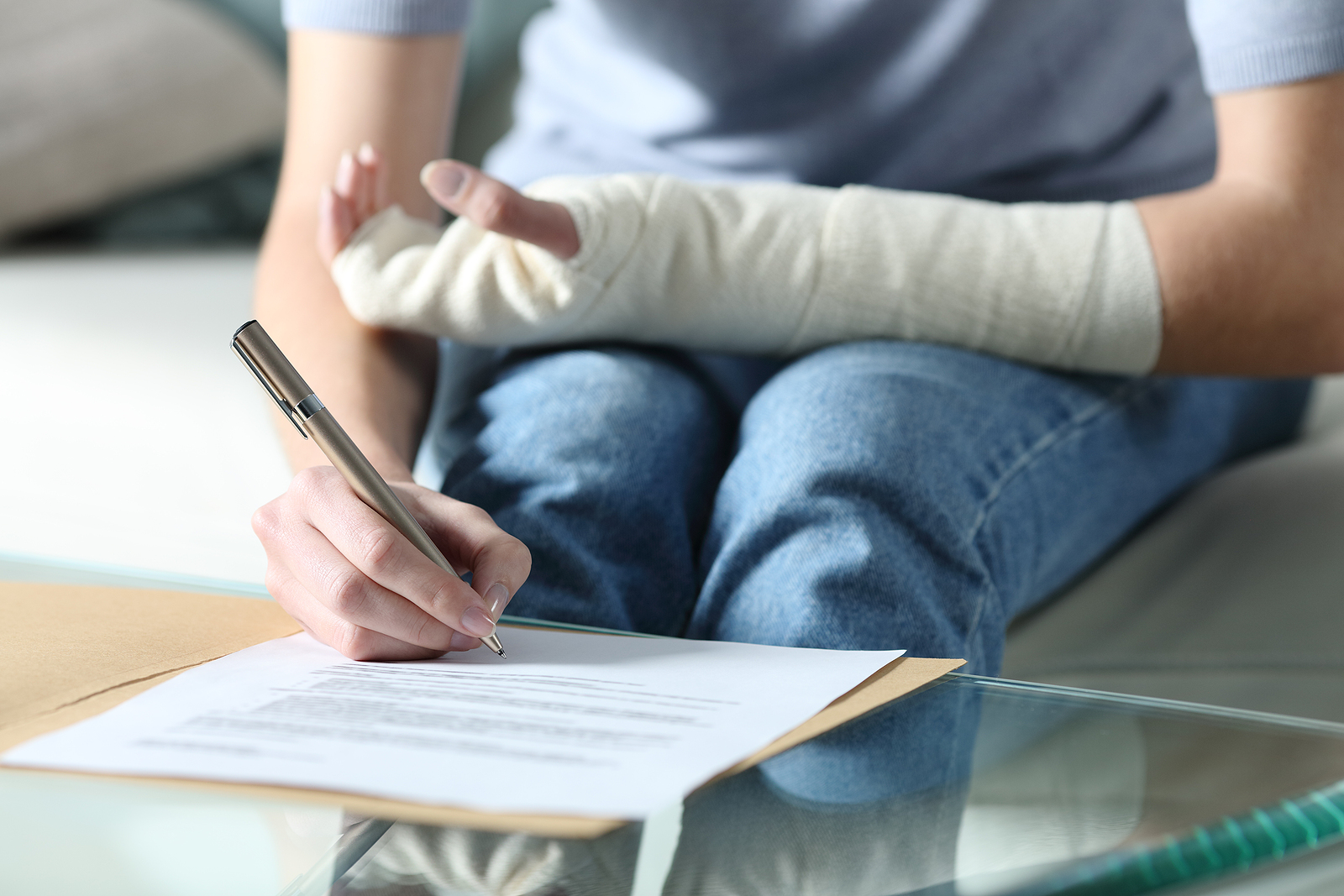Can I Sue for Nursing Home Neglect?
Nursing home neglect is a devastating form of elder abuse that occurs when caregivers fail to meet the basic needs of residents, leading to physical, emotional, and psychological harm. For families, discovering that a loved one has been neglected in a nursing home is deeply upsetting and raises serious concerns about their safety and well-being. Understanding the signs of neglect, the legal responsibilities of nursing homes, and the steps to take in response is critical to protecting your loved one and holding the facility accountable.
Signs of Neglect
Recognizing the signs of nursing home neglect is the first step in addressing the problem. Neglect can manifest in various forms, including physical, emotional, and medical indicators.
Physical Signs
Physical neglect is often the most apparent form of mistreatment. Warning signs include:
- Unexplained injuries: Bruises, fractures, or burns may indicate inadequate supervision or improper handling.
- Poor hygiene: Dirty clothes, unwashed bodies, and untreated bed sores clearly show neglect.
- Malnutrition or dehydration: Weight loss, dry skin, and cracked lips suggest inadequate food and water.
These physical indicators should never be ignored, as they can escalate into life-threatening conditions if left unaddressed.
Emotional Signs
Neglect can take a significant emotional toll on nursing home residents, particularly those who rely on staff for companionship and emotional support. Emotional signs of neglect include:
- Social withdrawal: Residents may become isolated, refusing to interact with staff, other residents, or family members.
- Depression or anxiety: Changes in mood, such as persistent sadness or fear, may signal emotional neglect.
- Unresponsiveness: A sudden lack of interest in activities or conversations can indicate psychological harm.
Medical Indicators
Neglect often involves inadequate medical care, which can lead to serious health complications. Signs include:
- Untreated health or medical conditions: Chronic illnesses or injuries not correctly managed.
- Medication errors: Missed doses or incorrect administration of the resident’s medications.
- Infections: Recurring infections, especially urinary tract infections or sepsis, may suggest poor hygiene or inadequate care.
Families can take swift action to protect their loved ones from further harm by being vigilant and noting these signs.
Legal Responsibilities of Florida Nursing Homes
Florida nursing homes are legally obligated to provide safe and adequate care to their residents. They may be held accountable under state and federal regulations when they fail to meet this duty.
Duty of Care
Under Florida law, nursing homes must provide residents with a standard of care that meets their physical, emotional, and medical needs. The required standard of care includes:
- Ensuring that residents are adequately fed, hydrated, and bathed.
- Providing appropriate medical treatment and administering medications accurately.
- Supervising residents to prevent accidents and injuries.
Nursing homes can be held liable for the harm caused when they breach this duty of care.
Federal and State Regulations
Nursing homes are subject to stringent regulations designed to protect residents. Key regulations include:
- Federal Nursing Home Reform Act: This federal law mandates that nursing homes participating in Medicare or Medicaid provide care that maintains or improves each resident’s quality of life.
- Florida Statute § 400.022: Known as the Florida Residents’ Bill of Rights, this law guarantees residents the right to dignity, adequate healthcare, and protection from abuse or neglect.
Failure to comply with these regulations can result in penalties, license revocation, and legal liability.
Steps to Take After Suspecting Neglect
If you suspect that your loved one is being neglected in a Florida nursing home, immediate action is essential to protect them and document the neglect.
Documenting Evidence
Gathering evidence is critical for building a strong case. Steps to take include:
- Photographs: Take pictures of visible injuries, unsanitary living conditions, or signs of malnutrition.
- Medical records: Request copies of your loved one’s medical records to document untreated conditions or medication errors.
- Witness statements: Speak with staff, other residents, or visitors who may have observed neglectful behavior.
Detailed documentation strengthens your case and can be used to hold the nursing home accountable.
Reporting to Authorities and Filing Complaints
Neglect should be reported to the appropriate authorities to ensure your loved one’s safety and initiate an investigation. In Florida, you can:
- Contact the Department of Children and Families (DCF): The DCF investigates allegations of elder abuse and neglect. Reports can be made via their hotline at 1-800-96-ABUSE.
- File a complaint with the Agency for Health Care Administration (AHCA): The AHCA oversees nursing homes and can conduct inspections to verify compliance with regulations.
Reporting neglect is critical in addressing the issue and preventing further harm to other residents.
How to Pursue Compensation
When someone you love has been harmed due to nursing home neglect, pursuing compensation can allow for financial relief for medical expenses and emotional suffering, as well as hold the facility accountable for the harm they have inflicted on an innocent and vulnerable resident.
Filing a Lawsuit
You may be able to file a lawsuit against the nursing home for negligence, breach of contract, or violations of the Florida Residents’ Bill of Rights. A successful lawsuit can result in compensation for:
- Medical expenses, including hospitalization, treatment, and rehabilitation.
- Pain and suffering caused by neglect.
- Punitive damages to penalize the facility for egregious misconduct.
Working with an experienced attorney is essential to successfully navigating the legal issues in a nursing home neglect case.
Proving Damages
To win a neglect case, you must provide evidence demonstrating the harm suffered by your family member. Key evidence may include:
- Medical records: Documentation of injuries or illnesses caused by neglect.
- Expert testimony: Medical professionals or elder care specialists can testify about the standard of care and how the nursing home delivered negligent care.
- Photographic evidence: Images of injuries or unsafe conditions in the facility.
By presenting compelling evidence, your attorney can help you recover the compensation your loved one deserves.
Consult with Skilled Lawyers at Linton Robinson & Higgins, LLP
Severe neglect in a nursing home is a heartbreaking situation that no family should have to endure. Acting quickly to recognize the signs of neglect, report the issue, and seek legal counsel is imperative for protecting your loved one and holding the facility accountable.
If your loved one has suffered from neglect in a Florida nursing home, don’t hesitate to act. Our experienced attorneys at Linton Robinson & Higgins, LLP are dedicated to helping families seek justice and ensure their loved ones receive the care they deserve.
Contact Linton Robinson & Higgins, LLP at 786-882-7316 for a free consultation.




